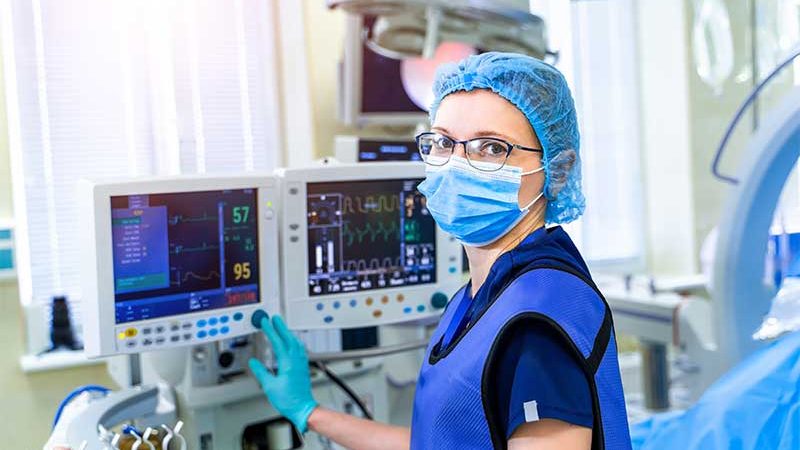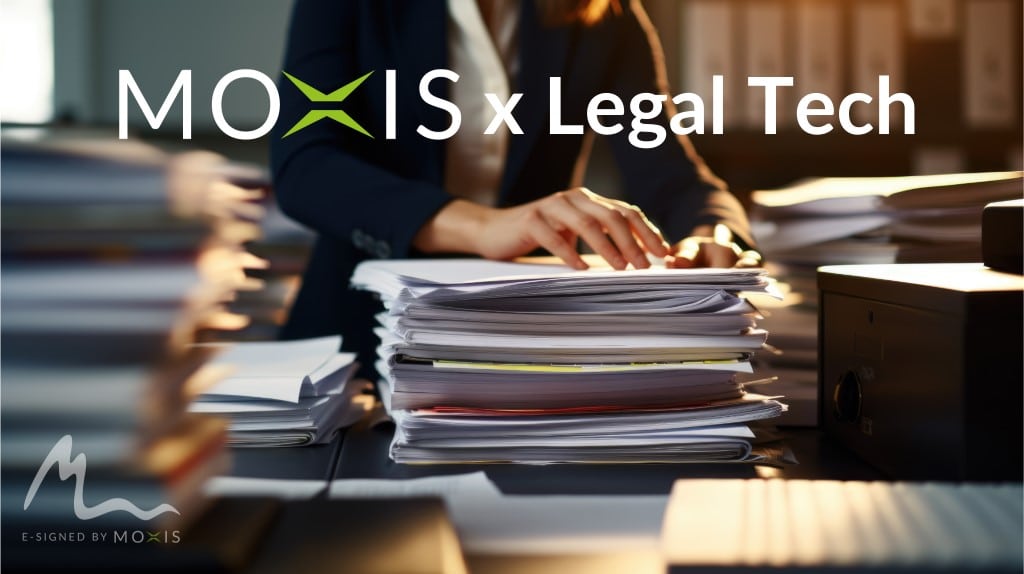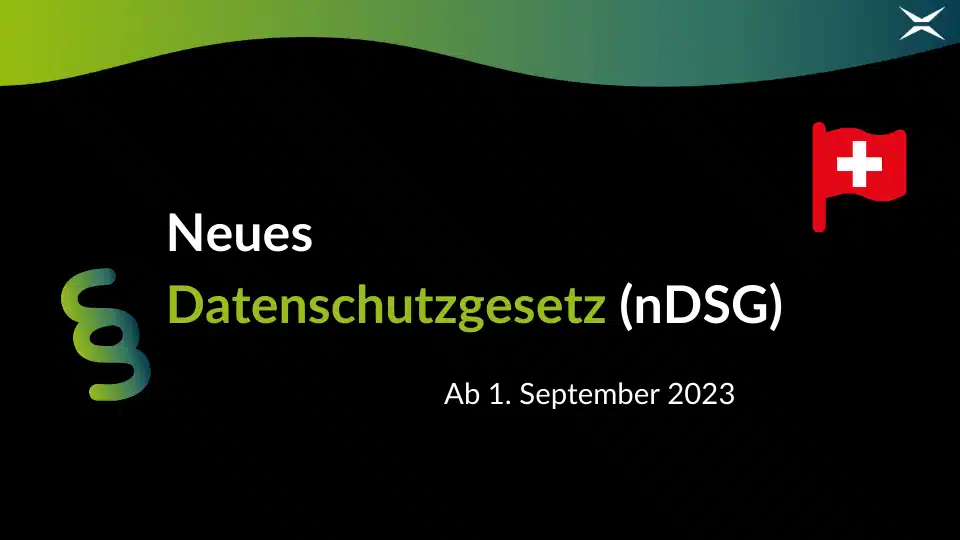The field of medical technology is about health and life. Experience and reliability are key. Experience grows over the years. Reliability, understood as a technical term, is committed to precision. Manufacturers of medical technology devices are therefore the focus of various institutions, in particular the Food and Drug Administration (FDA) in the USA. Their area of expertise also includes monitoring every single step taken by manufacturing and consulting companies in the medical technology sector.
The aim here is fundamental traceability along the production chain and the associated communication. This affects all signature processes. Digital signatures ensure transparency: MOXIS fulfils all the requirements of relevant authorities such as the FDA.
Equipment for operating theatres
Medical technology is divided into the production of medical technology equipment and the engineering services that accompany the production itself, but also cover maintenance and repair. Medical technology products can be found in all areas of healthcare. Every visual aid from an optician is a medical technology product. The medical technology range includes the complete equipment of operating theatres, imaging diagnostics such as MRI and ultrasound devices as well as various test procedures, for example in the treatment of diabetes.
Information and communication technology is a standard feature of almost all branches of medical technology. The importance of the digital signature can be seen in the FDA’s clearly defined requirements for the documentation of medical technology procedures. In this context, it does not matter whether the documents in question are general quality documents, validation documents or non-conformance documents.
Preventing counterfeiting
An example from the FDA catalogue of requirements CFR Title 21, Part 11: “Establish and maintain written policies that hold individuals accountable and responsible for actions initiated under their digital signatures to prevent falsification of records and signatures.” MOXIS supports both qualified electronic signatures (QES), which are legally equivalent to handwritten signatures, and advanced electronic signatures (AES).
Both signature qualities make it possible to determine beyond doubt who has signed (authenticity) and ensure that the document in question has not been altered after signing (integrity). In MOXIS, the burden of proof is tied to the document. Subsequent changes to the document invalidate the signature.

Discover MOXIS for your company.
Find out more about the leading eSignature platform, enjoy the benefits of legally secure digital signatures, save time and costs.
Identifying the signatory
The FDA requirements also stipulate that the signatory must be identified before the digital signature is issued. MOXIS fulfils this requirement not only for the QES. When verifying the identity for an AES, the responsibility for correct identification initially lies with the customer. Signing with an AES in MOXIS is made possible by creating the user in the system or by authentication via the Active Directory.
An essential requirement for the use of electronic signatures in accordance with the FDA’s catalogue of requirements is (not only) the traceability of who has signed the document and thus vouches for a work step in medical technology processes: “Each electronic signature must be unique to a person and may not be reused or reassigned to other persons.” In MOXIS, the user authenticates himself via the user data of the customer’s Active Directory. This ensures that the digital signature can be clearly assigned to the respective person.




